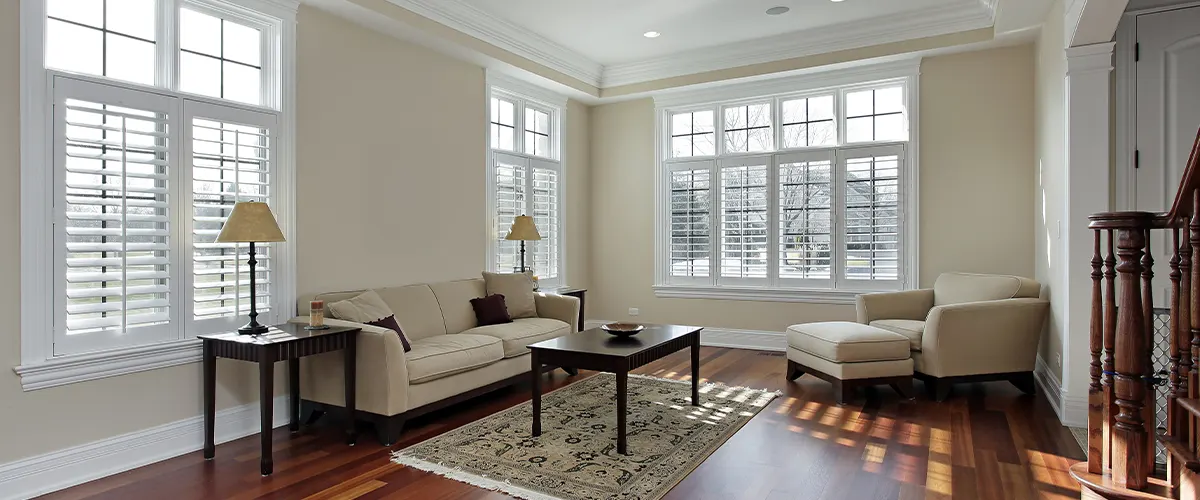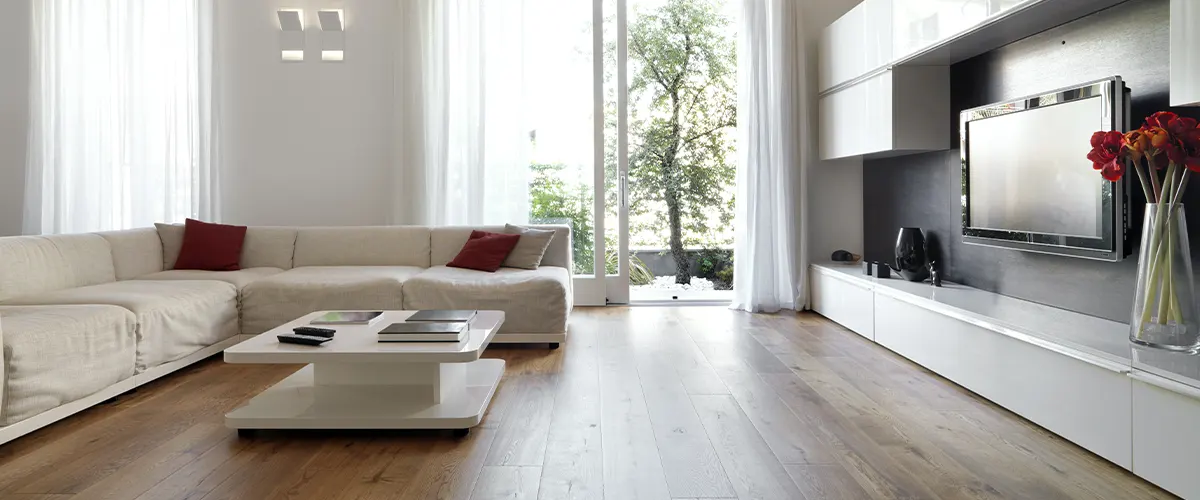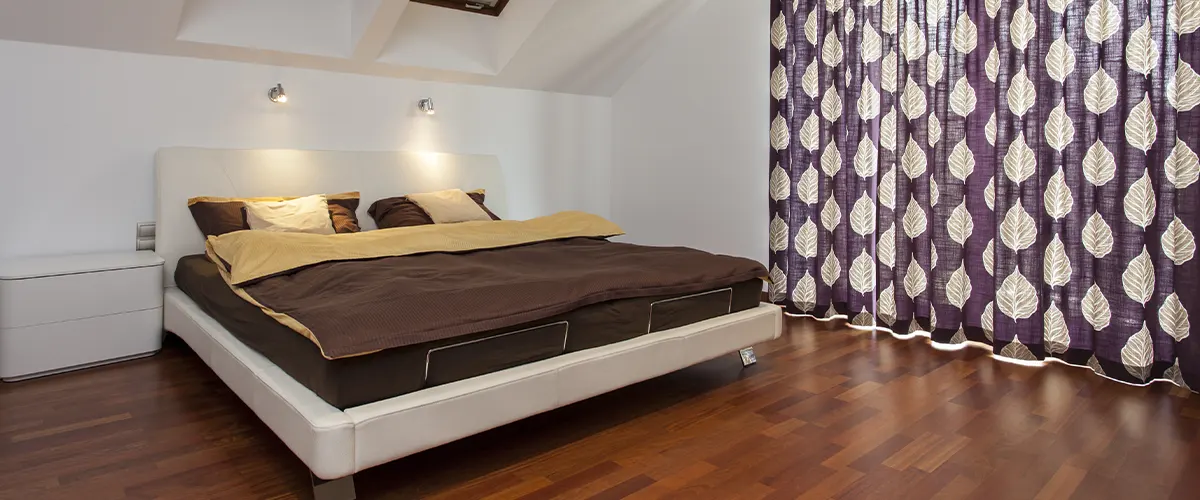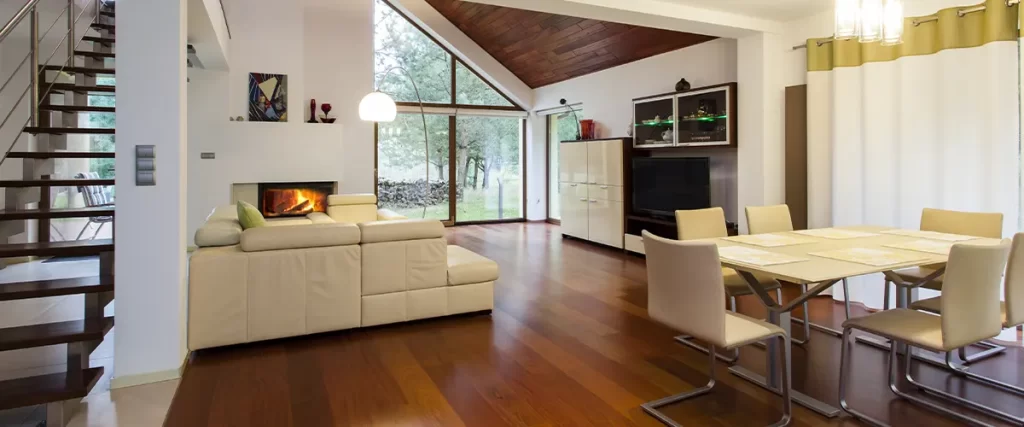If you’re like most people, the sound of a squeaky floor is enough to drive you crazy. It’s one of those noises that’s impossible to ignore and seems to get louder the more you try not to listen. Fortunately, there is a solution! In this article, we will discuss the common causes of squeaky floors and how to fix them. We’ll also provide some tips on how to prevent your floor from squeaking in the first place. So if you don’t know how to fix a squeaky hardwood floor, you’re in the right place!

Common Causes Of Squeaky Hardwood Floors
Floor Joist Problems
Joists are a structural element of your flooringg system and play an important role in preventing movement and noise. If you notice squeaky floors, it is worth investigating whether the issue is with your joists. To check, you will need access to the basement or room beneath the flooring so that you can look up at the floor joists.
Look for any loose or warped joists or gaps between the joists and subfloor. Once you have identified the problem, you can take steps to repair or replace the damaged joists. This may involve calling in a professional to help with the repairs. However, by taking care of the problem early on, you can prevent further damage to your wood flooring system.
Subfloor Problems
According to NWFA, one of the most common causes of squeaky floors is an uneven subfloor. When your subfloor isn’t level, it can create empty space between itself and the top floor. This space allows for movement of the top floor, which then creates noise. You might also have a misalignment or empty space between your subfloor and the joists.
The quality of your subfloor can also cause issues. If your subfloor is old or has suffered water damage, it won’t be able to hold nails and other fasteners as well. This can lead to a loose subfloor or top floor, both of which can shift and cause squeaks and creaks. In order to fix this issue, you’ll need to level out your subfloor and make sure that it’s properly aligned with the joists. You might also need to replace damaged boards or add additional support to prevent future problems.

Seasonal Issues
Most homeowners are familiar with the fact that wood expands and contracts with changes in temperature and humidity. However, many people panic when they first hear their floors start to squeak. There is no need to worry, however. A little bit of movement in your floorboards is perfectly normal and is nothing to be concerned about.
If you start to notice that your floors are squeaking more than usual, it is likely due to the dry winter air. Heating your home also causes the air to become drier, which can lead to further contraction of your wood floors. If you are concerned about the condition of your floors, you can always consult a professional for advice. However, in most cases, a little bit of seasonal movement is nothing to worry about.
How To Fix A Squeaky Hardwood Floor

Try Installing Shims
Use Construction Adhesive
Screw The Floor From Underneath

Conclusion
If your engineered wood floors are squeaking, don’t worry – we can help. We’ve outlined the steps you need to take to fix the problem, depending on how severe it is. And if you have any questions, our team is here to help. So don’t hesitate to get in touch with us if you need assistance repairing your wood floors.
